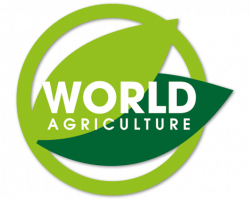Organic Farming

In 1987 the Ministry of Agriculture, Fisheries and Food (MAFF) established the United Kingdom Register of Organic Food Standards to set the organic production standards for this country: I chaired it for the next 12 years. It brought together the organic sector bodies, of which there were about six at that time, the largest being the Soil Association, to agree on common standards. Each sector body was, however, free to set additional requirements to be met by its own members.
Some years later the European Union (EU) established a Council Regulation ([EEC] 2092/1991) that governed the use of the term “organic” (and all European equivalents, such as “biologique”). This was immediately adopted by the UK. From then on it became illegal to use these terms on any foodstuff that was not produced in conformity with the Regulation.
There is now an Advisory Committee on Organic Standards (ACOS) representing the (now) nine sector bodies as Certification Bodies. It is still the case, however, that each sector body is free to require that additional standards be met by its members, only one of which requires planting etc. in relation to the phases of the moon.
It is these sector bodies that make claims about the benefits of organic farming to the environment and for the taste and safety of the produce. No such claims are made in the Regulation, which relates only to “production”.
different parts of the country, on different soil types, at different altitudes and aspects and with different rainfall!
Furthermore, each can be well- or poorly-farmed by quite different people in different years. Such generalisations make no sense.
The situation is no better for generalisations about products. Does an organic sausage taste better?
Than what? There are many different kinds of sausage, many of them deliberately designed to taste different from the others.
A constructive approach would be to welcome the way in which many organic producers explore the possibilities of, for example, using less herbicides and pesticides. Establishing the validity of reduced inputs would be valuable for all, including conventional farmers who cannot afford to explore such possibilities for themselves.
The two approaches could be complementary – at least spelt with an “e”.
Download pdf
